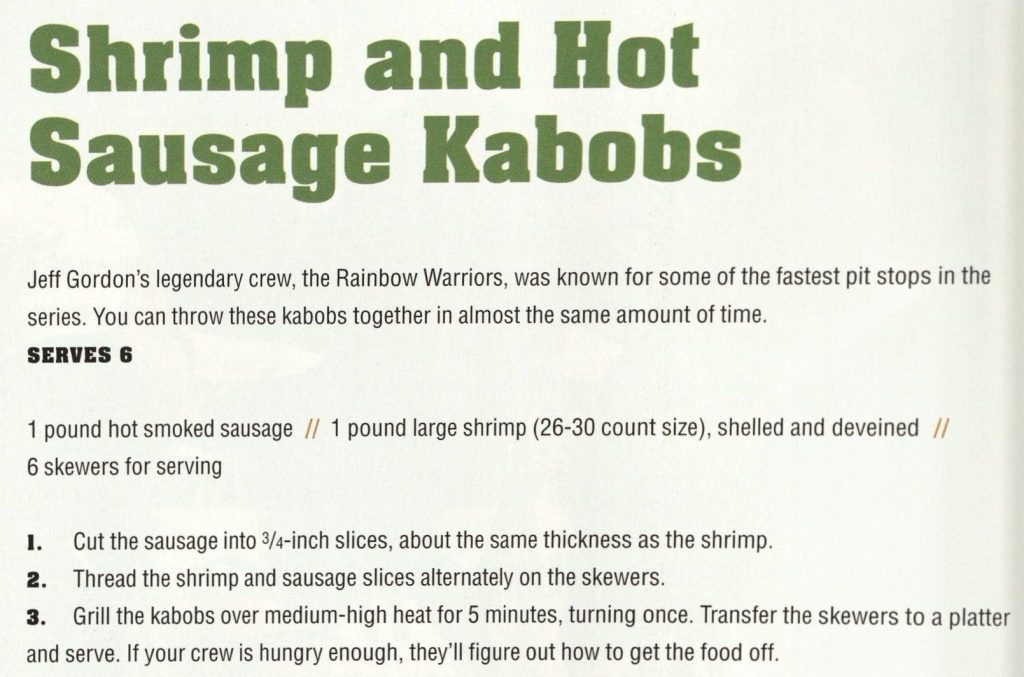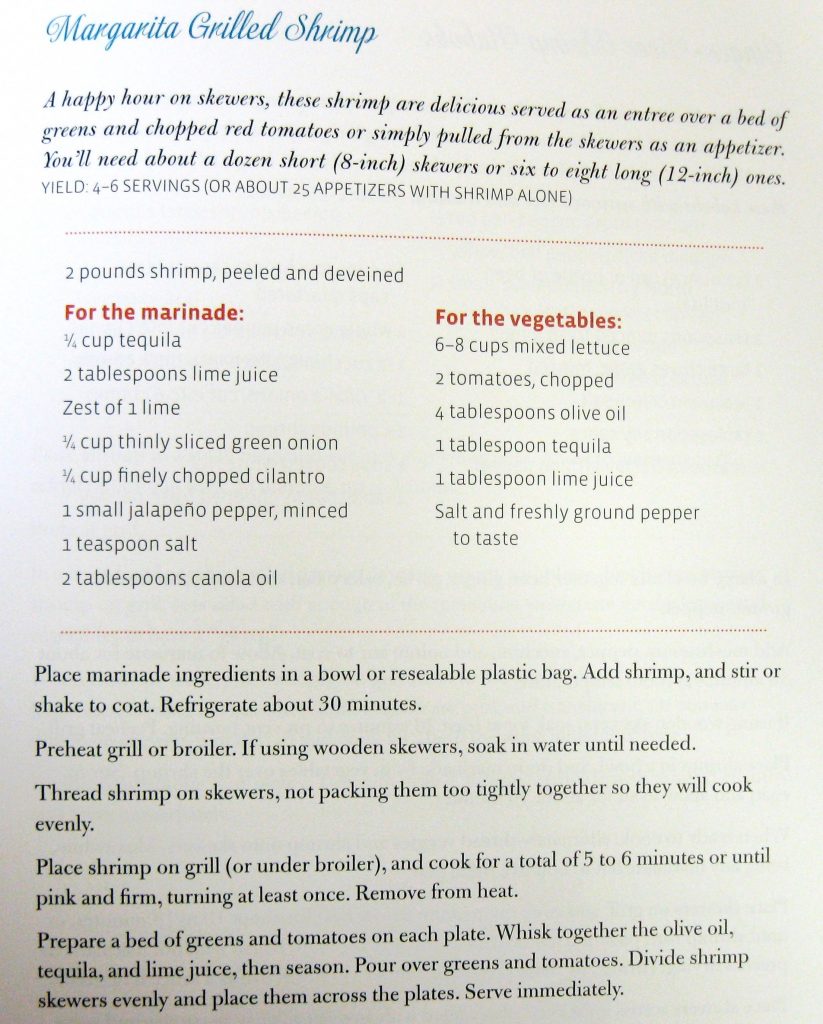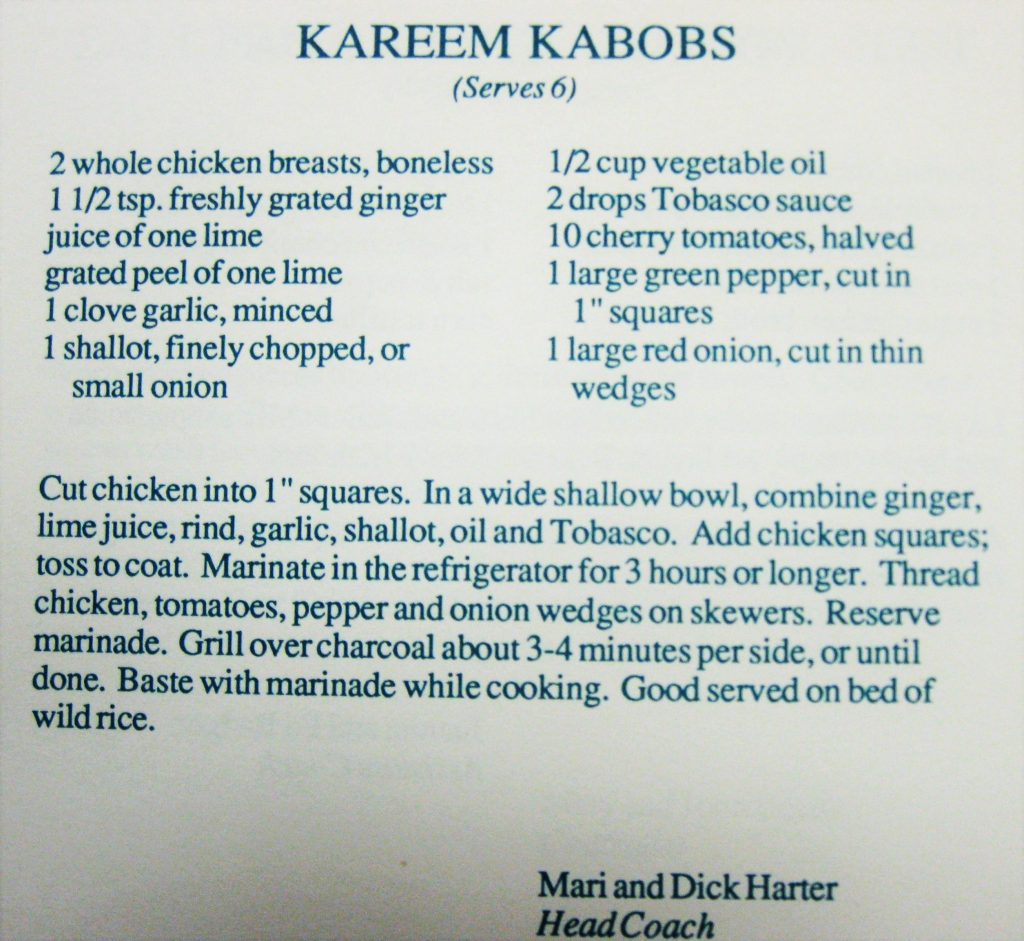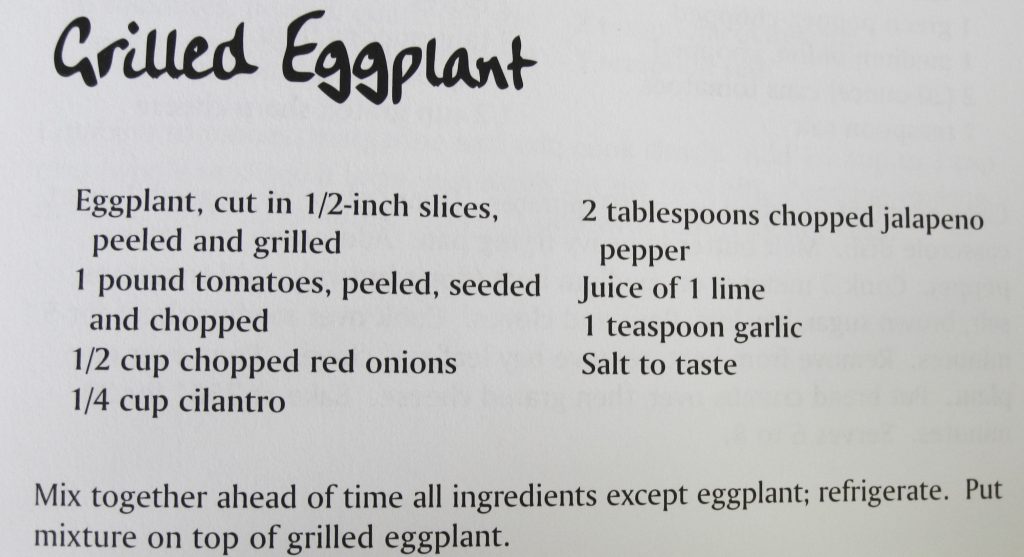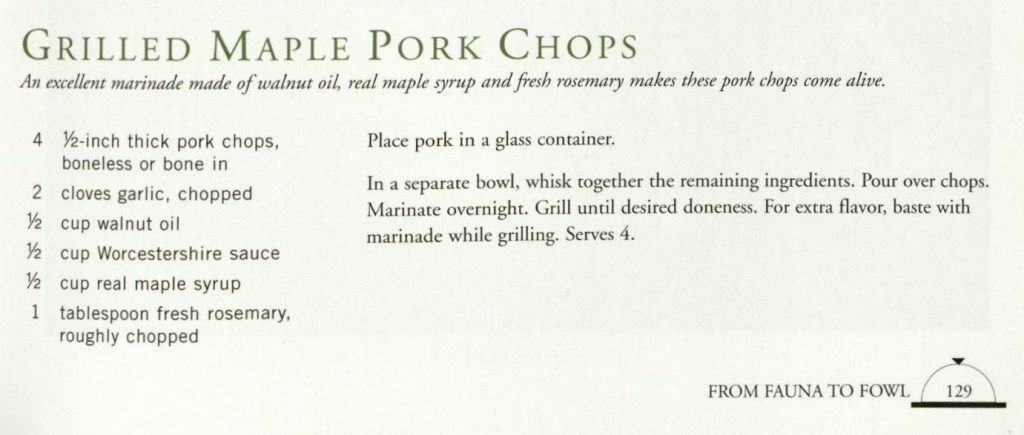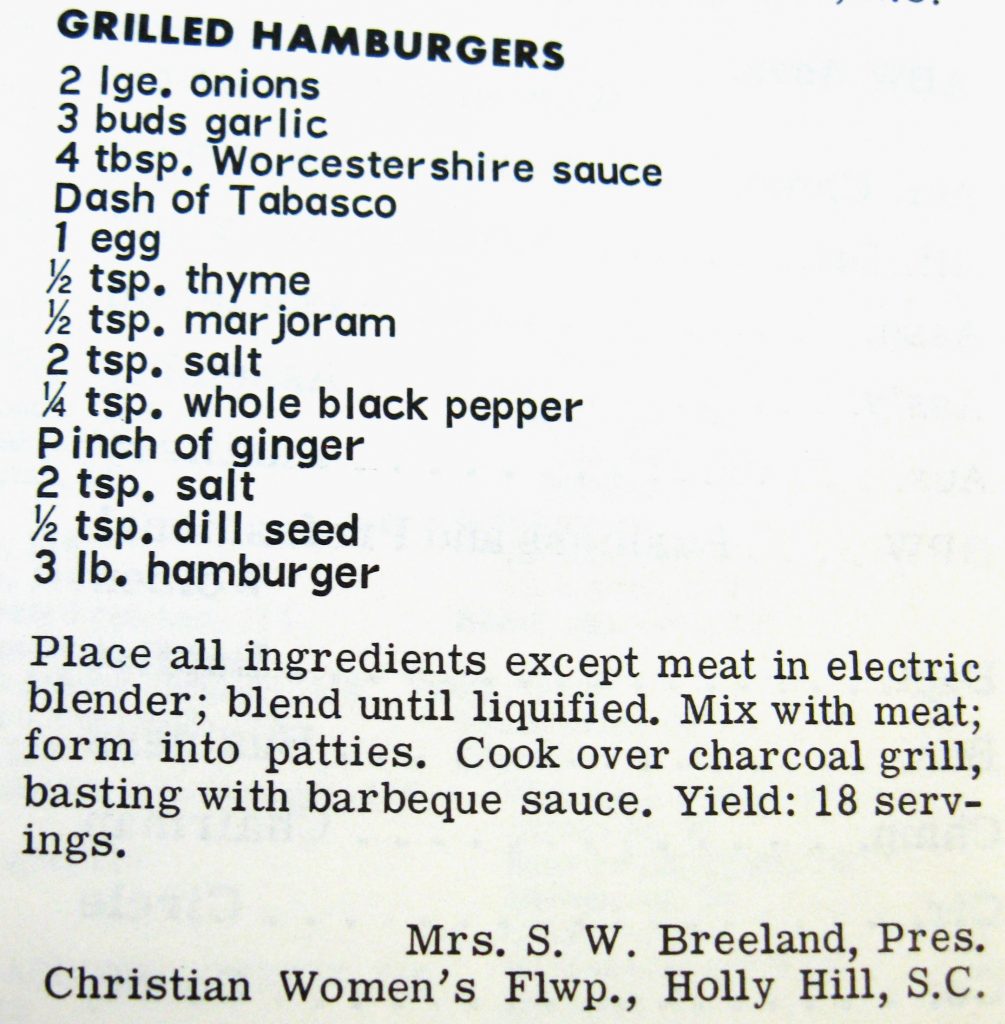“More than 100 years ago, when few states had road departments [North Carolina’s dates to 1915], a group of women planned one of our country’s first transcontinental highways, a good deed that over the course of a century has become controversial.
“The road was planned in 1913 by the United Daughters of the Confederacy. [The Jefferson Davis National (sometimes Memorial) Highway, conceived as a rejoinder to the earlier Lincoln Highway] would run from Washington state, through California, Arizona, New Mexico, Texas, Louisiana, Mississippi, Alabama, Georgia, South Carolina, North Carolina and Virginia, ending in Washington, D.C. It would be ‘beautified and historic places on it suitably and permanently marked.’
“Today, portions of that historic highway remain, dotted with UDC historic markers….”
— From “The twisted history of the controversial Jefferson Davis Highway” by Kelly Kazek at al.com (June 6)
As this 2013 account suggests, not much evidence of the Davis highway remains in North Carolina. Here’s how it once wended its way through Chapel Hill.
(Want to have a North Carolina road, bridge or ferry named for that special someone? Start here.)

